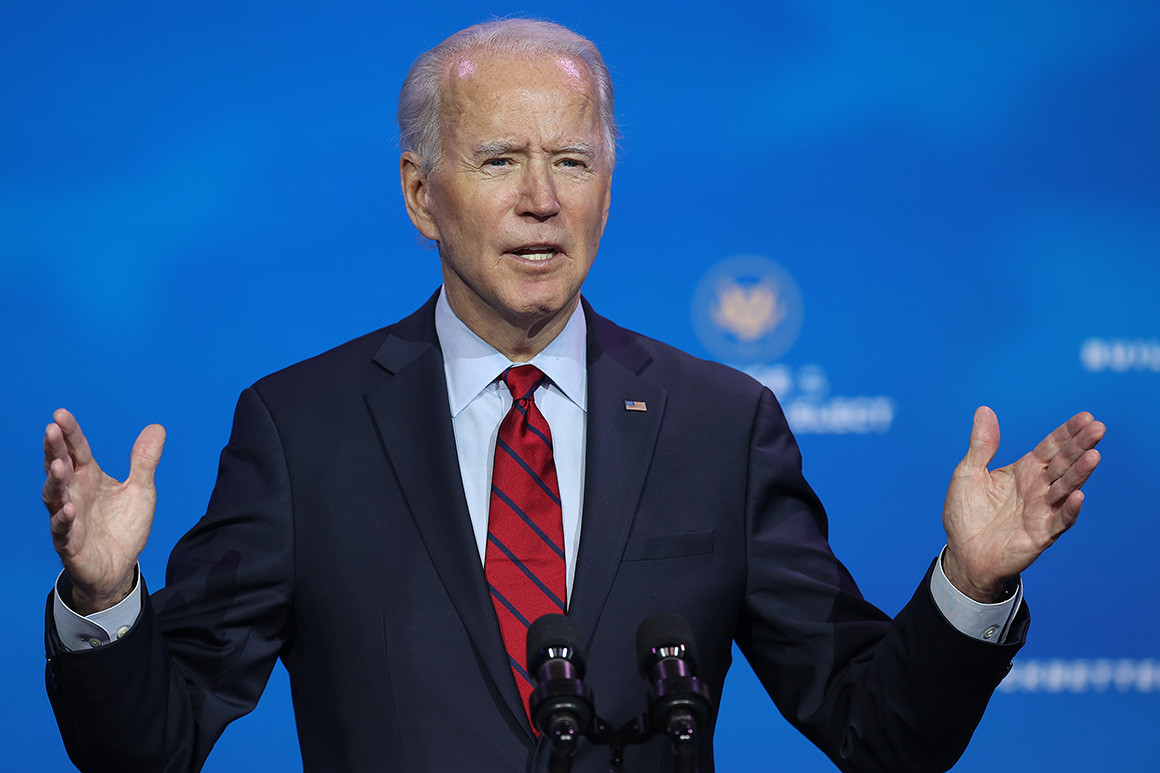Our Statement on 1/14 Announcements by Biden Administration and Cuban Authorities

Earlier this week, the Biden administration announced it will remove Cuba from the State Sponsors of Terrorism list, waive Title III of the Helms-Burton Act, and eliminate the Cuba Restricted List as part of its rescission of National Security Presidential Memorandum 5. Simultaneously, Cuban authorities, through Catholic Church mediation, committed to releasing over 550 prisoners in the coming weeks and have already begun the process.
We welcome the release of the unjustly detained and hope all are part of the more than 1,000 political prisoners reportedly held in Cuban jails today, including many who were arrested after the historic July 2021 protests. We thank the Vatican and Biden administration for their efforts to secure their release and urge the Cuban government to promptly disclose the list of prisoners it intends to free, complete their releases quickly, and allow them the choice to remain in Cuba with full pardons of their charges. We also call on the Cuban government to release all remaining prisoners of conscience and take concrete steps towards building a more open and inclusive society.
Regarding U.S. measures, Cuba’s removal from the terrorism list is appropriate and overdue, as evidence has long showed Cuba does not support international terrorism as generally defined. The designation has been overly politicized and contributes to undue hardships for the Cuban people. Cuba’s inclusion on the list has alienated the United States from its allies and pushed Cuba to increase its reliance on U.S. adversaries for security and economic support. Similarly, waiving Title III could have positive effects by removing obstacles to bilateral claims settlements and reducing risks for Cuba’s private sector.
However, the complete elimination of the Cuba Restricted List gives us concern as it risks encouraging further military control over the island’s economy. The Cuban state is once again restricting the private sector’s possibilities for growth and many of the military-run entities on this list have a history of anti-competitive practices and oligopolistic tendencies that threaten Cuba’s much needed reforms and economic growth.
We urge the Cuban government to seize this narrow window of opportunity by following through on prisoner releases, reducing the military’s dominant role in the economy, and demonstrating willingness to continue direct negotiations with the next U.S. administration. Likewise, we hope Washington will continue to engage with Cuba and update its policies to prioritize the wellbeing of the Cuban people. The possibility for meaningful change, however uncertain, remains.
###